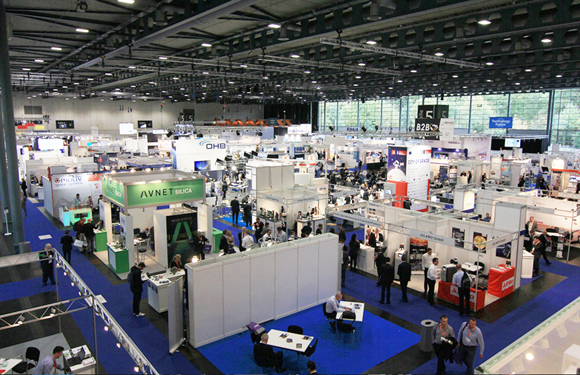Orbital debris and mitigation are pressing issues in today’s Satellite and NewSpace industry. On Episode 29 of The Satellite & NewSpace Matters Podcast, we spoke with Andrew Faiola, the Commercial Vice President at Astroscale, who is leading the charge in tackling them.
Why has it taken so long for the industry to do something about debris and future mitigation?
The proliferation of spacecraft in orbit has accelerated the realization that something needs to be done. Most people are familiar with the Kessler effect, which identified space debris as an issue a long time ago. But now, things are accelerating very quickly.
The other part of it is technology, and its ability to deal with the issue is starting to catch up. 10 years ago, when Astroscale was founded, our founder had identified that there was going to be an issue, but there wasn’t then the technology to deal with it in a cost-effective way. Because of this burgeoning space economy and the number of companies that are operating in this space, the pace of technology and innovation is accelerating as well. It’s enabling us to start addressing an issue that wasn’t even able to be addressed just a couple of years ago.
What do you think is the viability of the long-term market for these missions beyond the next decade or so?
The environment is going to get more and more crowded. What we want to do is both mitigate risk by removing large, dangerous objects and ensure that we’re not creating more small debris. In the long term, there is going to be a view towards technology helping remove the smaller pieces of debris as well. I look at all of these things as stepping stones to the in-orbit space economy that everybody talks about.
Astroscale today is focusing on removing debris from orbit, but what we’re really good at is rendezvous and proximity operations. 10 or 20 years from now, we’re looking at more and more private industries in space, whether it’s human spaceflight, manufacturing, etc; those vehicles are all going to have to coexist together. They’re going to have to be flying, viewing and being serviced in space. Nobody wants to launch tonnes and tonnes of stuff from the ground because no matter how cheap a starship gets, you still have to start on Earth. Can’t we start to repurpose things that are already in orbit? How do we get to a circular economy in orbit rather than just deorbiting? That has to start somewhere.

On a national scale, what more needs to be done? And more importantly, by whom?
It needs to come from a number of places, all at the same time. Public awareness is key to putting pressure on legislators to actually enact laws. The industry can only do so much, it needs to come from both ends. Astroscale and others have done an extremely good job of influencing policy over the past years to the point where it is now recognised that the orbital environment has a pollution problem that needs to be sorted out, preferably before we have another tragedy of the commons.
But what’s the next step to actual legislation or regulation? Historically, I would have come from the standpoint of ‘more regulation is bad’, right? Let the market sort itself out. But in the time that I’ve been here, I’ve actually realised that having the right regulatory framework in place that places the right incentives for behaviour rather than penalties is actually going to catalyse investment and innovation. We need that foundation in order to make a success of it, because this is a brand new market that we’re trying to develop.
Without having public awareness and the right regulatory and legislative framework in place, it’s hard to make it work. We’ve seen this before in other areas, whether it’s cod fisheries in the North Atlantic, or the Amazon rainforest, everyone knows that they should behave better or things will go bad, but until the right frameworks are in place that incentivise the right behaviour, people will act in their own self-interest.
To your point about who is responsible, is it national governments or international governmental organisations, I think everybody has a part to play in this. My background in communications for mobility, in-flight connectivity and maritime has shown me that there are organisations like the IMO that put rules of the road in place that people have to adhere to, but there’s national legislation as well. It is probably going to be a combination of all of those that help us move the industry forward.
To hear more from Andrew, tune into Episode 29 of The Satellite & NewSpace Matters Podcast here.
We sit down regularly with some of the biggest names in our industry, we dedicate our podcast to the stories of leaders in the technologies industries that bring us closer together. Follow the link here to see some of our latest episodes and don’t forget to subscribe.


